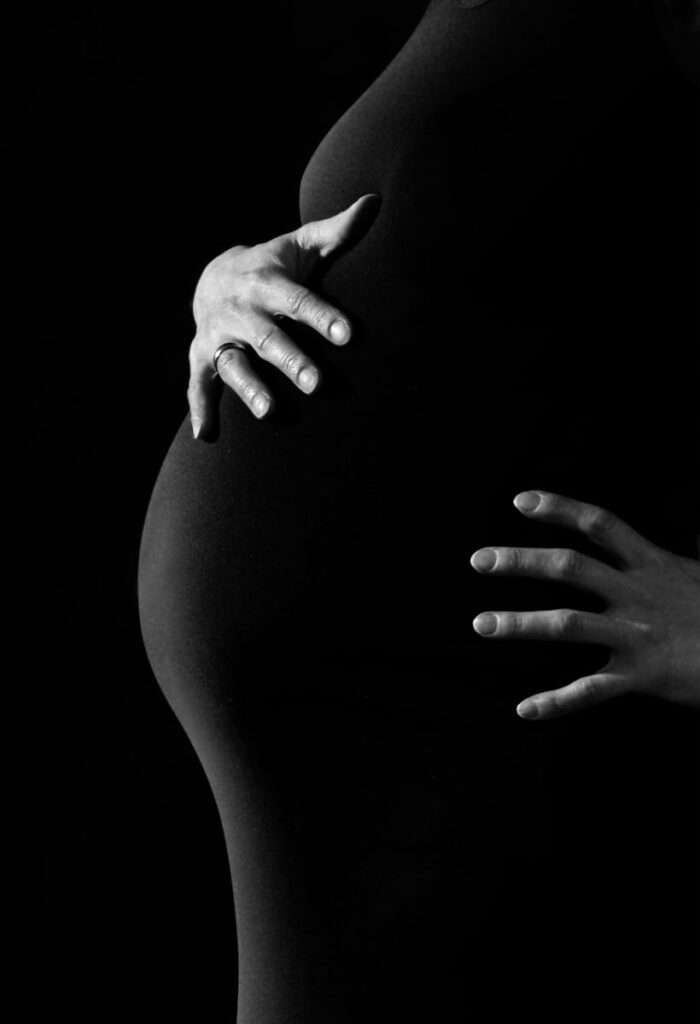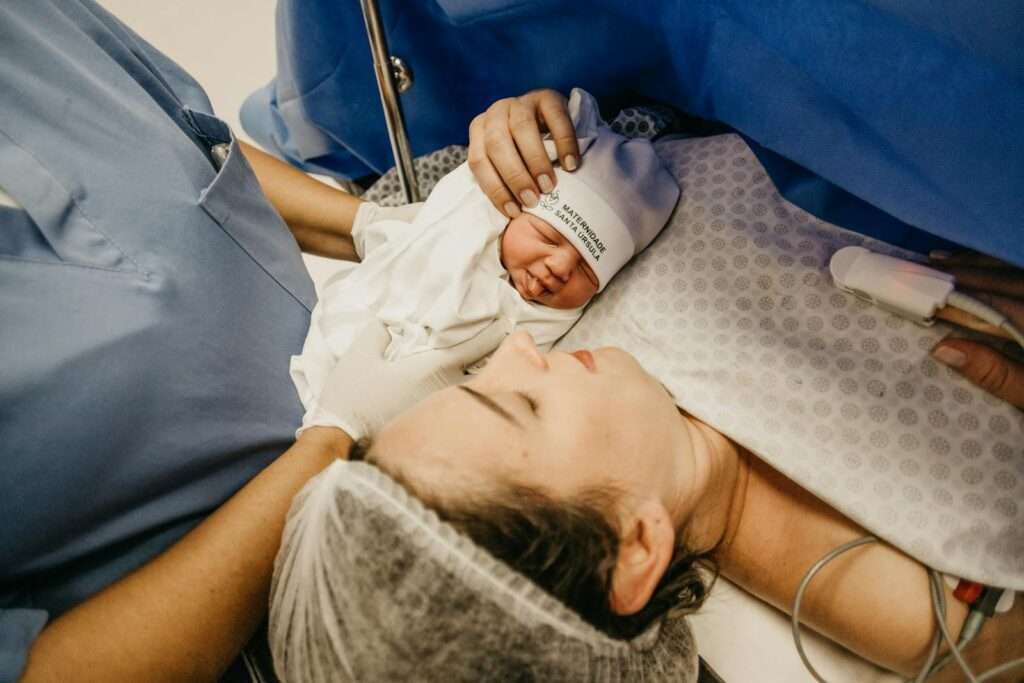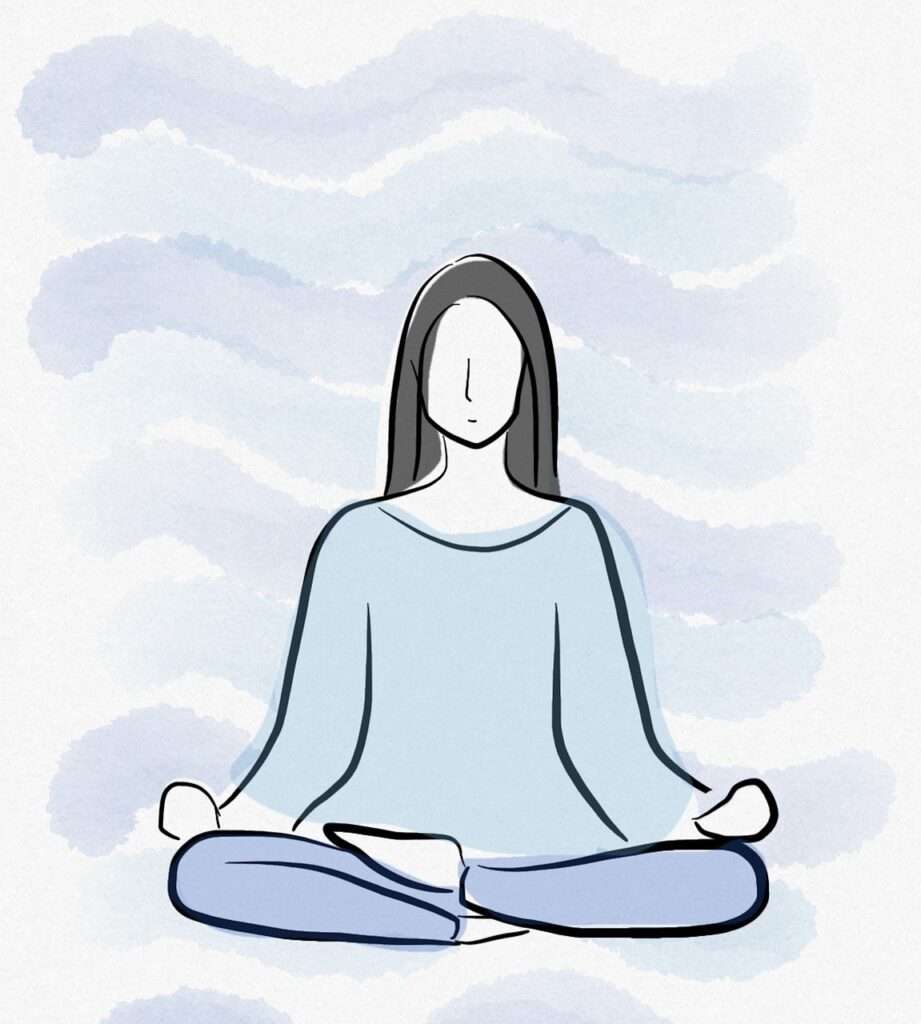Having a baby is life-changing. It’s a time of immense joy, love, and wonder—but let’s be honest: it’s also exhausting, overwhelming, and often downright messy. Amid diaper changes, sleepless nights, and figuring out how to be a parent, there’s something else that needs attention: you.
Postpartum recovery and mental health are vital aspects of the motherhood journey. Yet, they’re often overshadowed by the societal focus on bouncing back physically or caring for your baby. Here’s a reminder you didn’t know you needed: taking care of yourself is not selfish—it’s essential.

Understanding Postpartum Recovery
The postpartum period, often called the fourth trimester, is the time after childbirth when your body and mind undergo significant changes. Whether you had a vaginal delivery or a cesarean section, your body needs time to heal.
Physical Recovery: What to Expect
- Bleeding (Lochia): Expect postpartum bleeding for 4–6 weeks. This is your body’s way of shedding the uterine lining.
- Soreness and Pain: Whether it’s stitches, an episiotomy, or a C-section incision, some discomfort is normal.
- Hormonal Fluctuations: Estrogen and progesterone levels drop dramatically after birth, leading to mood swings, night sweats, and hair loss.
- Breast Changes: Engorgement, soreness, and leaking are common as your milk supply adjusts.
- Fatigue: Recovering from childbirth while caring for a newborn is exhausting.
Tip: Be patient with your body. Healing takes time, and every recovery journey is different.
Emotional Recovery: The Rollercoaster of Feelings
Your emotions postpartum might range from pure bliss to uncontrollable tears—and sometimes, both within minutes. It’s all part of the process.
Baby Blues
- Affect up to 80% of new moms.
- Symptoms: Mood swings, weepiness, irritability.
- Duration: Usually resolves within two weeks.
Postpartum Depression (PPD)
- Affects about 1 in 7 women.
- Symptoms: Persistent sadness, feelings of inadequacy, difficulty bonding with your baby, or lack of interest in things you once enjoyed.
- Duration: Can last weeks or months without treatment.
If you suspect PPD, seek help. You are not alone, and treatment is effective.

Caring for Your Postpartum Body
1. Rest Is Non-Negotiable
Easier said than done, right? While sleep may feel like a distant memory, prioritize rest whenever you can:
- Nap when your baby naps (ignore the laundry pile—it’ll wait).
- Accept help from loved ones.
2. Nourish Your Body
You need fuel to recover and care for your baby. Aim for nutrient-dense foods like:
- Leafy greens for iron.
- Whole grains for sustained energy.
- Healthy fats (avocado, nuts) for brain health.
And don’t forget to hydrate—especially if you’re breastfeeding.
3. Gentle Movement
Once your doctor gives the green light, start with light activities like walking. Exercise boosts circulation, aids healing, and releases endorphins that lift your mood.
4. Address Discomfort
- Perineal Pain: Use ice packs or sitz baths for relief.
- C-Section Incision: Keep the area clean and dry; avoid heavy lifting.
- Breast Pain: Try warm compresses before feeding and cold packs after.
Supporting Your Postpartum Mental Health
Your mental health matters just as much as your physical recovery. The postpartum period can feel isolating, but there are ways to protect and nurture your emotional well-being.

1. Talk About It
- Share your feelings with someone you trust.
- Join a mom group or online community—there’s comfort in knowing you’re not alone.
2. Prioritize Self-Care
Self-care doesn’t have to be elaborate:
- A 10-minute shower.
- Sipping coffee while it’s still hot.
- Journaling your thoughts or worries.
Pro Tip: Self-care isn’t selfish. It’s necessary for you and your baby.
3. Accept (and Ask for) Help
Supermom isn’t a real thing—don’t try to do it all.
- Let your partner or family handle household chores.
- Say yes when someone offers to babysit while you nap or take a walk.
4. Watch for Red Flags
While baby blues are normal, certain signs indicate the need for professional help:
- Persistent feelings of sadness or hopelessness.
- Intrusive thoughts about harming yourself or your baby.
- Anxiety that interferes with daily life.
If you experience any of these, reach out to your healthcare provider or a mental health specialist.
Balancing the New Normal
Adjusting to life with a newborn is a big change. Here are some tips to make the transition smoother:
1. Lower Your Expectations
Your house doesn’t have to be spotless. Your meals don’t have to be Pinterest-worthy. Just focus on what truly matters: you and your baby.
2. Celebrate Small Wins
Got out of your pajamas today? High five! Managed to eat a full meal? You’re crushing it.
3. Stay Connected
Motherhood can feel isolating, so keep in touch with friends and family. Even a quick text or call can make a difference.
When to Seek Help
Sometimes, no matter how hard you try, the weight of postpartum recovery feels too heavy to bear alone. That’s okay.
- Therapy: A counselor or therapist can provide a safe space to process your feelings.
- Medication: If needed, your doctor may recommend antidepressants or anti-anxiety medication.
- Support Groups: Connecting with other moms who understand can be incredibly validating.
Final Thoughts: You’ve Got This
Postpartum recovery isn’t a sprint—it’s a marathon. It’s messy, beautiful, and hard, but it’s also temporary.
Be kind to yourself. Celebrate the small victories. And remember, asking for help is a sign of strength, not weakness.
You’re not just recovering—you’re transforming into the incredible parent your baby already thinks you are. ❤️



